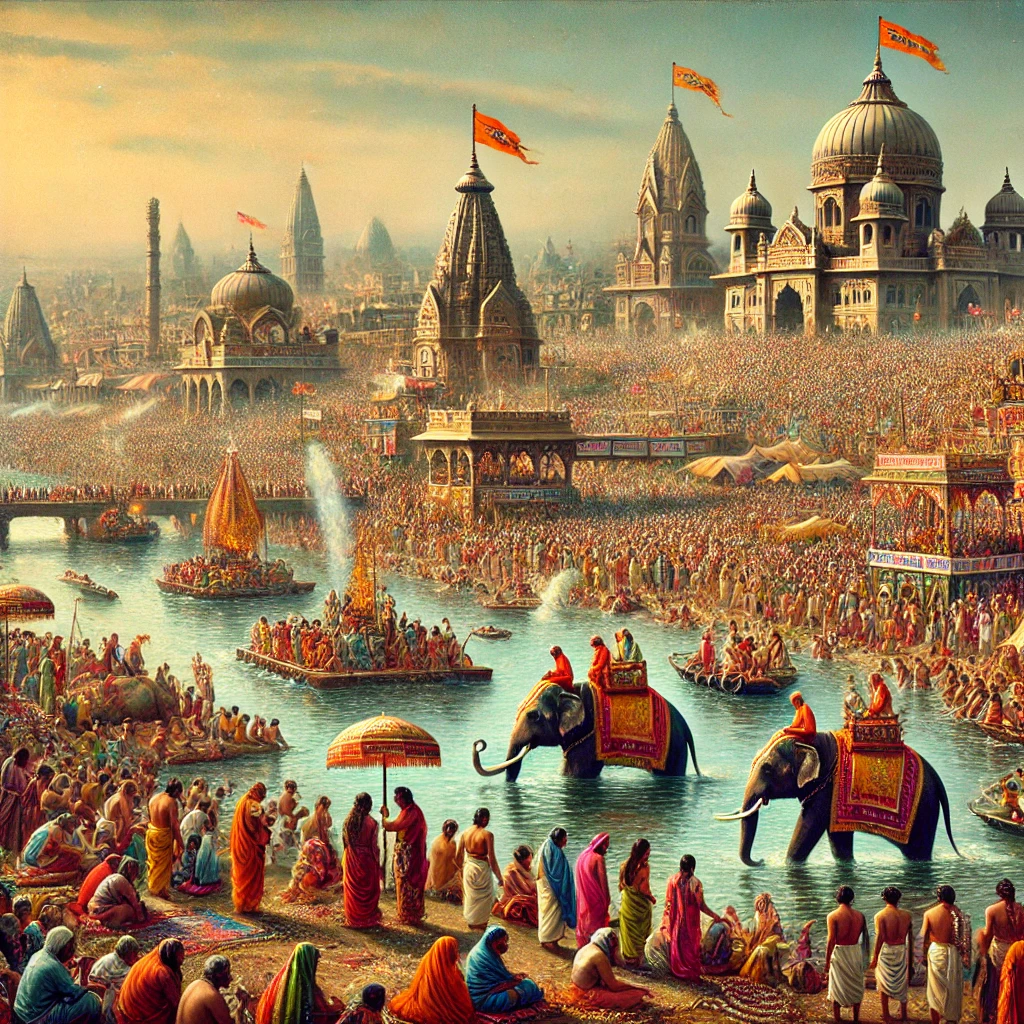Jealousy is a powerful and destructive emotion that often compels individuals to act against their own best interests. Rather than fostering positive relationships and mutual growth, some people allow jealousy to dictate their actions, sowing discord and division instead of harmony and unity. This phenomenon is particularly evident in the workplace, where an individual who cannot tolerate the success of a colleague may resort to spreading rumors, creating conflicts, and undermining team spirit. Such behavior not only damages relationships but also disrupts a productive environment, leading to overall dissatisfaction and inefficiency.
The root of jealousy in adulthood often lies in an individual's emotional immaturity and unresolved insecurities carried forward from childhood. It is a universal human trait, affecting people across all walks of life—whether they are the owners of small businesses or the heads of multinational corporations. Even those in positions of power, such as employers and supervisors, may experience jealousy, rejecting innovative ideas simply because they did not originate from them. This inability to appreciate the success of others ultimately stifles progress and creativity, both at an individual and collective level.
Ironically, those who are most consumed by jealousy often refuse to acknowledge it. They deceive themselves into believing that their resentment is justified or that it does not exist at all. However, jealousy is as conspicuous as a wound on a clear face—it cannot be hidden for long. The more an individual harbors such negative feelings, the more evident their insecurity becomes to those around them.
A person’s true
downfall begins not when they fail, but when they resent those who succeed.
Jealousy is like a poison that one prepares for another but ends up consuming
themselves. It clouds judgment, erodes inner peace, and leads to self-sabotage.
In essence, jealousy is the jaundice of the soul, tinting one’s perspective
with bitterness and preventing the appreciation of life’s true joys.
To overcome jealousy, one must cultivate self-awareness, practice gratitude, and embrace personal growth. Instead of allowing envy to dictate actions, individuals should channel their energy into self-improvement and collaboration. By celebrating the success of others and learning from their achievements, one can transform jealousy from a source of destruction into a catalyst for personal and professional development.
The Significance of Tirth and Kumbh: A Unifying Tradition
There is a popular saying, ‘Sare tirth baar baar, Gangasagar ek baar,’ meaning that the pilgrimage to Gangasagar, near Kolkata, is a once-in-a-lifetime opportunity. However, a similar once-in-a-lifetime experience presented itself during the recently concluded Mahakumbh at Prayag. A fierce debate has unfolded in the public domain, including social media platforms, regarding the importance of Kumbh. It is crucial to understand that Kumbh, and tirth in general, transcend the common rhetoric of faith, religion, and spiritualism.
Rabindranath Tagore
described Bharat as a ‘Mahamanav Samudra’—a great human ocean. This land has
been home to people of diverse cultures, religious beliefs, ethnicities, and
social statuses, coexisting since time immemorial. Just as rivers flowing into
the ocean merge with it, relinquishing individual identities, so do people from
different backgrounds integrate into the collective identity of being Bhartiya.
The Rig Veda states, ‘Kavayah stayshrutah,’ meaning that wise individuals can see the Truth hidden behind the veil of ignorance. But how does an ordinary person perceive Bhartiyata, the unity rising above all observed diversities? How can they get a glimpse of unity in diversity? These are fundamental questions, and the Bharatiya mind has provided a unique answer: the institution of tirth.
The original meaning
of the word ‘tirth’ is a passage or way, specifically locations along a river
or stream that serve as crossing points. In ancient times, these tirths became
centers of human settlement. As communities reached uninhabited riverbanks and
dense forests, settlements were established around these locations. Due to
their strategic importance, tirths became gathering spots for travel, trade,
and crossing water bodies. Over time, these sites evolved into centers of
religion, learning, and culture.
Examining the various tirth episodes in the Puranas reveals an in-depth introduction to Bharat. Tirths provide an opportunity for people to experience their land and fellow citizens directly. In the Mahabharata, Lomash Rishi explains the significance of pilgrimage, stating, “Tirth removes fear from the human mind. This is the greatest outcome of tirthyatra. It dispels apprehensions about unfamiliar places and people, replacing fear of the unknown with love.”
Maintaining reverence
for tirths and encouraging participation in tirthyatra is one of the most
ingenious contributions of the Bharatiya mind in fostering unity and national
integrity. From this perspective, the importance of tirths such as Kumbh
assumes an even greater dimension. It not only quenches the spiritual thirst of
the faithful but also strengthens the unity, integrity, and continuity of
Bharatiya culture and civilization. Kumbh becomes a vista through which people
witness and experience the unity of India, transcending perceived diversities.
It serves as a divya drishti, a divine vision through which the common person
perceives the Bharatiya Mahamanav Samudra—the great human ocean of India.
IF HE EXIST
I drive joy there was a doctor in Benaras who
spent 7 minutes in the morning and evening for mediation on God. Knowing this,
his colleagues and friends laughed at him. One day they argued that he was
wasting 7 precious minutes on something, which he had been misled into
believing. The doctor replied, “Well, if God does not exist, I agree that I am
wasting 7 minutes a day. But, if He exists? I am afraid you are wasting your
entire lifetime. I prefer to waste 7 minutes rather than a lifetime. Why should
you grudge me the 7minutes joy that I derive 4m.-
ILLUSTRATED REVIEW : 7thheaven moment of the week
IN IPL Rcb Won by 7 wk














No comments:
Post a Comment